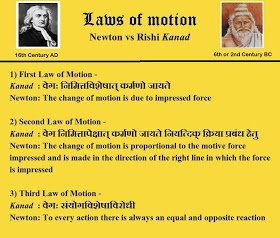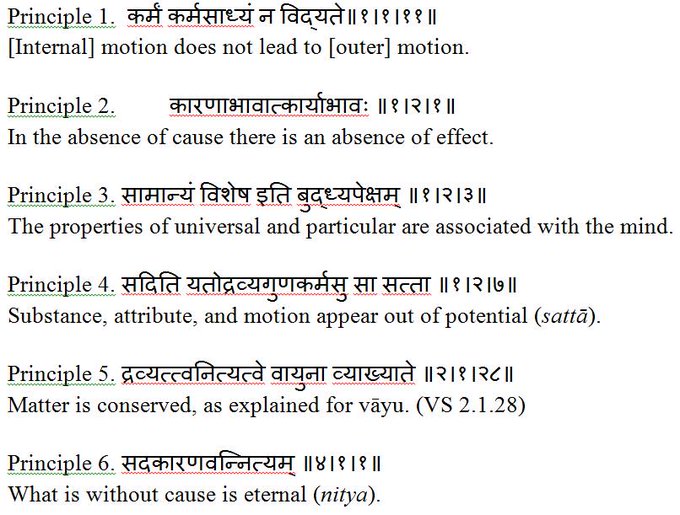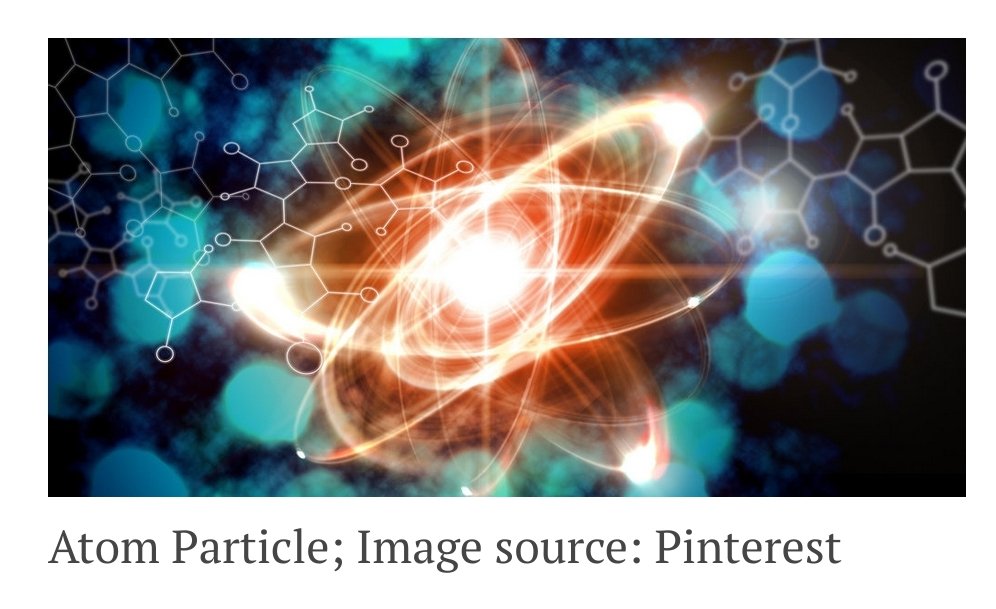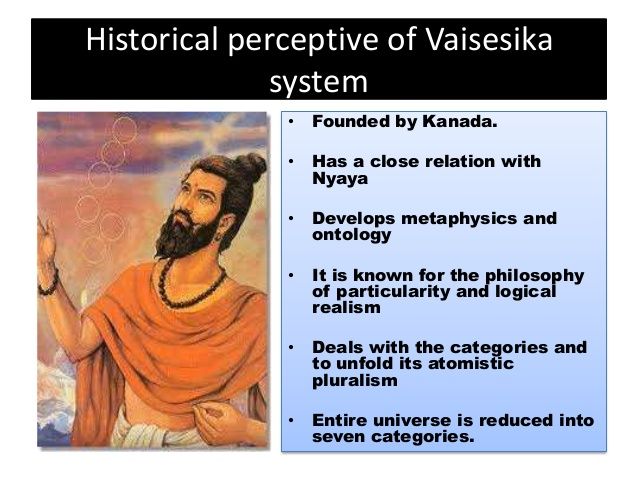1. @JonathanTurley
Trump has only been out of office and, therefore, no longer (purportedly) immunized from criminal prosecution for ~1 month. Also, because of R delay, Garland is still awaiting confirmation. Once Garland is AG, expect a thorough
More from Politics
"3 million people are estimated not to have official photo ID, with ethnic minorities more at risk". They will "have to contact their council to confirm their ID if they want to vote"
This is shameful legislation, that does nothing to tackle the problems with UK elections.THREAD
There is no evidence in-person voter fraud is a problem, and it wd be near-impossible to organise on an effective scale. Campaign finance violations, digital disinformation & manipulation of postal voting are bigger issues, but these are crimes of the powerful, not the powerless.
In a democracy, anything that makes it harder to vote - in particular, anything that disadvantages one group of voters - should face an extremely high bar. Compulsory voter ID takes a hammer to 3 million legitimate voters (disproportionately poor & BAME) to crack an imaginary nut
If the government is concerned about the purity of elections, it should reflect on its own conduct. In 2019 it circulated doctored news footage of an opponent, disguised its twitter feed as a fake fact-checking site, and ran adverts so dishonest that even Facebook took them down.
Britain's electoral law largely predates the internet. There is little serious regulation of online campaigning or the cash that pays for it. That allows unscrupulous campaigners to ignore much of the legal framework erected since the C19th to guard against electoral misconduct.
This is shameful legislation, that does nothing to tackle the problems with UK elections.THREAD
Millions of people do not have photo ID. By forcing through mandatory voter-ID the government risk disenfranchising millions of legitimate voters. https://t.co/y0Upzof2FI
— Electoral Reform Society (@electoralreform) February 17, 2021
There is no evidence in-person voter fraud is a problem, and it wd be near-impossible to organise on an effective scale. Campaign finance violations, digital disinformation & manipulation of postal voting are bigger issues, but these are crimes of the powerful, not the powerless.
In a democracy, anything that makes it harder to vote - in particular, anything that disadvantages one group of voters - should face an extremely high bar. Compulsory voter ID takes a hammer to 3 million legitimate voters (disproportionately poor & BAME) to crack an imaginary nut
If the government is concerned about the purity of elections, it should reflect on its own conduct. In 2019 it circulated doctored news footage of an opponent, disguised its twitter feed as a fake fact-checking site, and ran adverts so dishonest that even Facebook took them down.
Britain's electoral law largely predates the internet. There is little serious regulation of online campaigning or the cash that pays for it. That allows unscrupulous campaigners to ignore much of the legal framework erected since the C19th to guard against electoral misconduct.
You May Also Like
So friends here is the thread on the recommended pathway for new entrants in the stock market.
Here I will share what I believe are essentials for anybody who is interested in stock markets and the resources to learn them, its from my experience and by no means exhaustive..
First the very basic : The Dow theory, Everybody must have basic understanding of it and must learn to observe High Highs, Higher Lows, Lower Highs and Lowers lows on charts and their
Even those who are more inclined towards fundamental side can also benefit from Dow theory, as it can hint start & end of Bull/Bear runs thereby indication entry and exits.
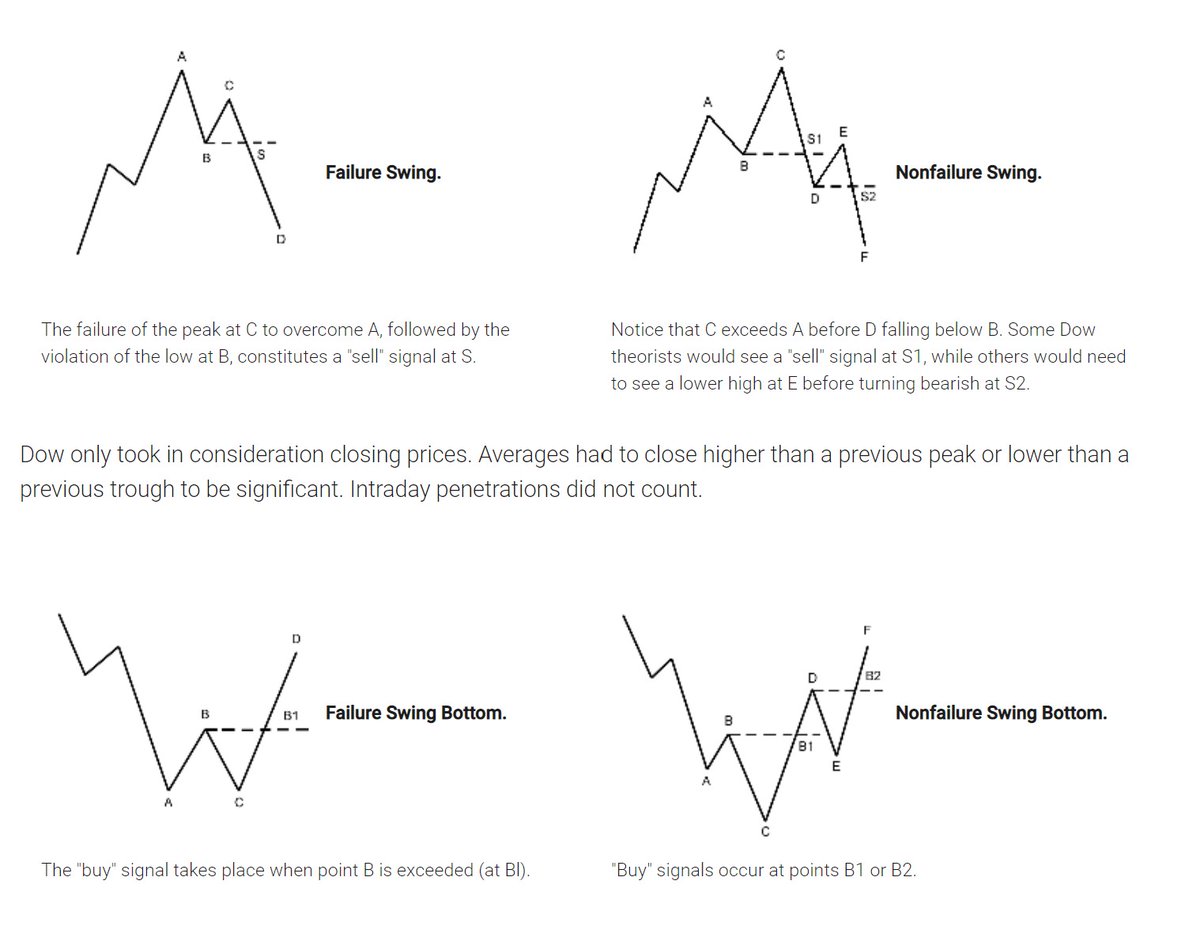
Next basic is Wyckoff's Theory. It tells how accumulation and distribution happens with regularity and how the market actually
Dow theory is old but
Here I will share what I believe are essentials for anybody who is interested in stock markets and the resources to learn them, its from my experience and by no means exhaustive..
First the very basic : The Dow theory, Everybody must have basic understanding of it and must learn to observe High Highs, Higher Lows, Lower Highs and Lowers lows on charts and their
Even those who are more inclined towards fundamental side can also benefit from Dow theory, as it can hint start & end of Bull/Bear runs thereby indication entry and exits.

Next basic is Wyckoff's Theory. It tells how accumulation and distribution happens with regularity and how the market actually
Dow theory is old but
Old is Gold....
— Professor (@DillikiBiili) January 23, 2020
this Bharti Airtel chart is a true copy of the Wyckoff Pattern propounded in 1931....... pic.twitter.com/tQ1PNebq7d















